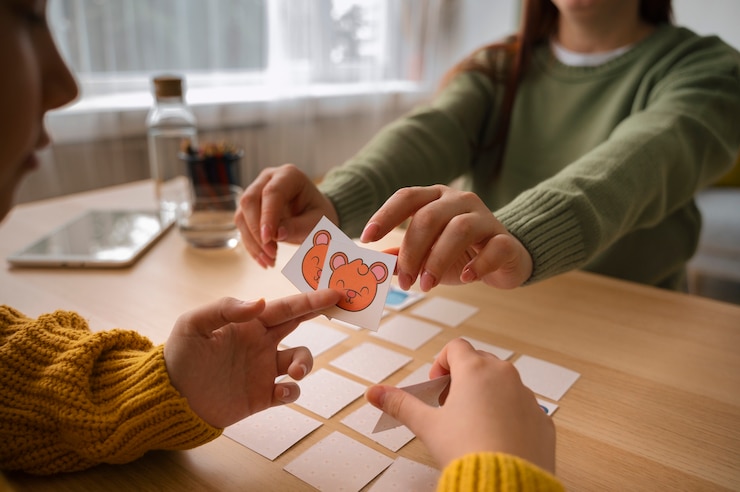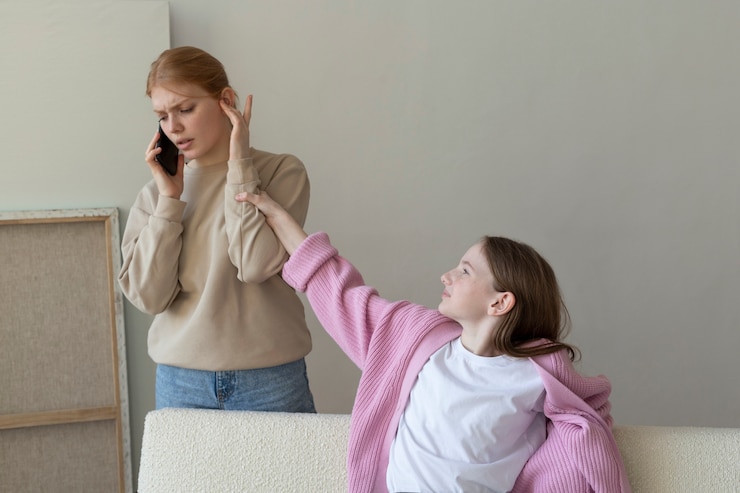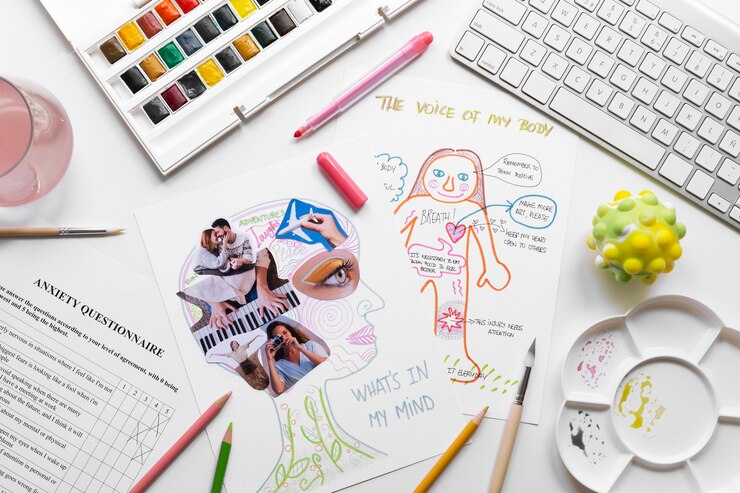
Discover the most common mistake parents make in teaching their children emotional regulation skills and learn the proven approach that works.
—
### Table of Contents
Teaching kids how to handle their emotions in tough situations is something many parents struggle with. On any given day, our children may get anxious when waiting for a delayed appointment, upset when a sibling takes their toy, or frustrated when they’re denied a third popsicle. We often notice their stress levels rising, leading to meltdowns, hitting, or throwing toys.
In response, our instinct is usually to discipline them with a time-out or lecture, thinking it’s the right solution. However, this approach often misses the mark. While we aim to help our children handle their emotions, especially anger, we overlook a key factor: their developmental stage.
Self-regulation refers to the ability to manage emotions and behavior according to the situation. It’s a critical skill that helps children control their reactions and work towards goals, like waiting patiently for cake at a birthday party or playing nicely with friends. Research shows self-regulation is crucial for social-emotional and academic success.
Most children aren’t yet able to regulate their emotions and behavior independently. Their impulse control and sensory systems are still developing, making it difficult for them to calm down on their own. Instead, a better approach is to work with them through co-regulation, forming a partnership that builds their ability to self-regulate.
This might seem simple but it’s challenging, especially when a child is having a meltdown and you feel overwhelmed. Often, our stress response makes us want to distance ourselves. Yet, what kids really need during these moments is our calm and supportive presence, which bridges the gap of their developmental immaturity.
With a mindset focused on collaboration, you can use these five steps to help improve your child’s emotional regulation skills:
**Step 1: Model Positive Emotional Regulation**
Your child learns a lot by watching you. Display how you deal with stress and let them see that example. It’s essential to self-reflect and adjust your responses as needed.
**Step 2: Be a Stress Detective Together**
Identify specific stressors for your child, such as hunger, loud noises, or electronic transitions. Noticing patterns in challenging behaviors helps plan successful strategies to manage stress.
**Step 3: Empower with Knowledge**
Teach your child about their brain and emotions in simple terms, explaining how stress affects them. Understanding their physiological responses empowers them to better handle these feelings.
**Step 4: Teach Emotional Intelligence Basics**
Helping your child recognize and name their emotions is vital. Use visual aids to expand their emotional vocabulary, which assists them in managing their feelings.
**Step 5: Explore Coping Strategies**
Discover what calms your child. Every child is unique, so be ready for a process of trial and error. Whether it’s a quiet space, physical touch, or solitude, identify what works best for your child.
**Step 6: Incorporate Mindfulness and Breathing**
Linking mind and body, simple routine practices like mindful breathing can significantly improve emotional regulation. Regularly incorporate these practices to help your child achieve calm.
Instead of acting as an emotional referee, become an emotional guide. With persistence and growth in these areas, you’ll see positive changes in how your child handles their emotions over time.
Every child has the potential for improved emotional regulation, no matter their challenges. Through patience and understanding, you can guide them towards a fulfilling life.
**Need more resources to support your child’s emotional growth?**
Explore my ‘Calm Kids Set’ for essential tools in teaching emotional regulation and intelligence.
Join 30,000 other parents in receiving our Parents with Confidence weekly email. Sign up for a FREE 5-day email course and learn:
* How to protect your child’s self-esteem
* Strategies for gaining your child’s cooperation
* The most valuable skills for your child’s future
* Disciplining without causing emotional harm
[Join Now and Get My E-course!](#)
We respect your privacy. Unsubscribe anytime.



